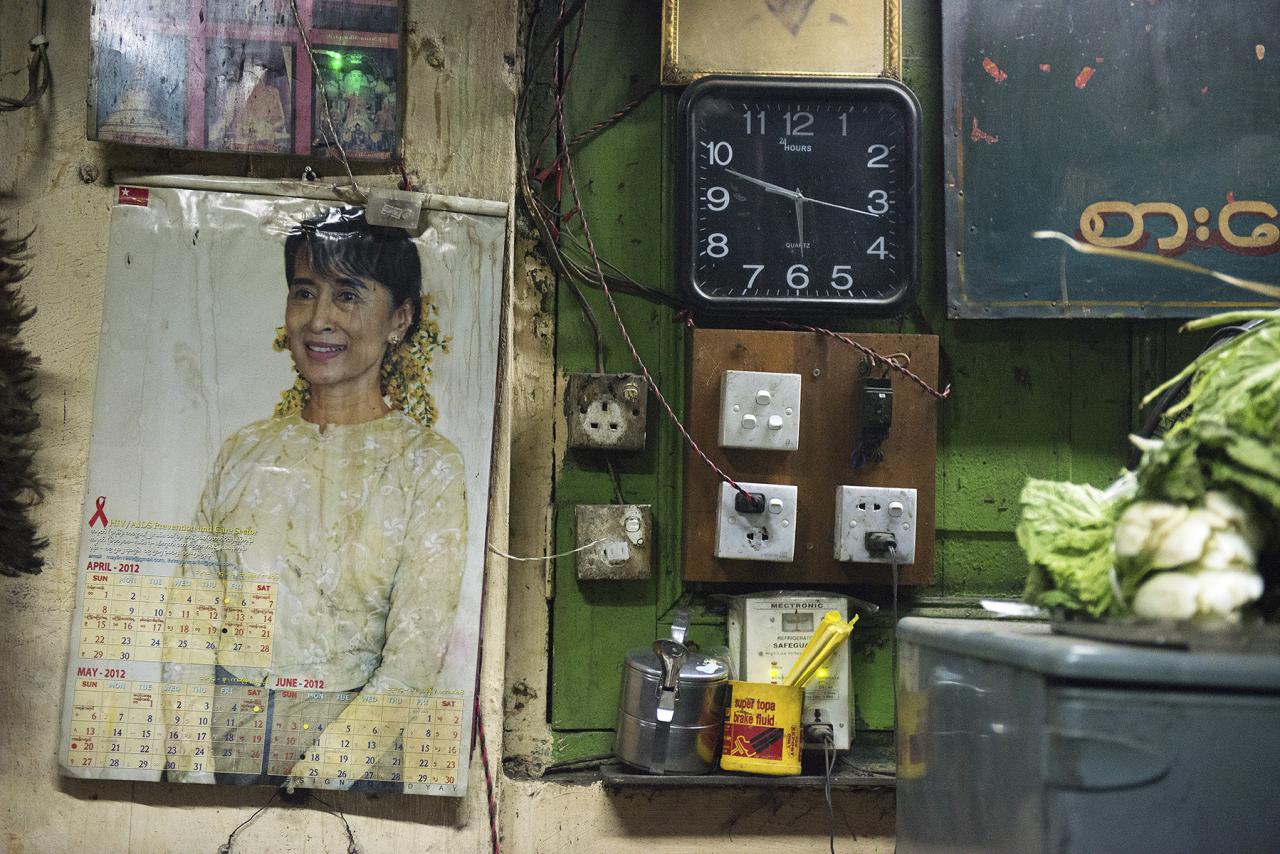Four laws known collectively as the Race and Religion Protection Laws, which were submitted to the Parliament of Burma (Myanmar) in December 2014, were adopted this spring by the Parliament and recently signed by Thein Sein, Burma’s President.
(Myanmar: Parliament Must Reject Discriminatory ‘Race and Religion’ Laws, Amnesty International website (Mar. 3, 2015).)
The Committee for the Protection of Nationality and Religion, or Ma Ba Tha, which is led by Buddhist monks, supported the adoption of the four laws.” (Id.; Hnin Yadana Zaw, Myanmar’s President Signs Off on Law Seen as Targeting Muslims, REUTERS (Aug. 31, 2015).) By contrast, in the view of Phil Robertson, Deputy Director of Human Rights Watch’s Asia division, the laws “set out the potential for discrimination on religious grounds and pose the possibility for serious communal tension … . Now that these laws are on the books, the concern is how they are implemented and enforced.” (Hnin Yadana Zaw, supra; for an analysis of the four draft laws, see, for example, Myanmar: Parliament Must Reject Discriminatory ‘Race and Religion’ Laws, supra.)
Monogamy Law
Thein Sein signed into law on August 31 monogamy legislation that was adopted by the country’s Parliament on August 21. (Hnin Yadana Zaw, Myanmar’s President Signs Off on Law Seen as Targeting Muslims, REUTERS (Aug. 31, 2015).) The legislation makes it a criminal offense to have more than one spouse or to live with an unmarried partner who is not a spouse. An estimated five percent of Burma’s population is Muslim, and some members of this group reportedly practice polygamy, but the government has denied that the new law targeted Muslims. (Id.)
According to a draft, unofficial English text of the legislation, the Monogamy Law as proposed concerned “all those who are living in Myanmar, Myanmar citizens who live outside of Myanmar, and foreigners who marry Myanmar citizens while living in Myanmar.” (Monogamy Bill (2014), art. 2, ONLINE BURMA/MYANMAR LIBRARY.) The draft states that after the law enters into force, “any marriage between a man and a woman in accordance with any law or any religion or any custom shall be legitimate only if monogamous.” (Id. art. 5.)
One of the provisions in Chapter 3 of the draft law, on “Prohibition on Extramarital Affairs,” prescribes that “any man or woman who is already married with one spouse or more than one spouse in accordance with a law or a religion or a custom, shall not enter, while the original union is still legally recognized, into another marriage with another person or conduct an illegal extramarital affair.” (Id. art. 9.) The same prohibition applies to “any man or woman who is already married in accordance with a law or a religion or a custom.” (Id. art. 10.) Anyone who, while still part of a legally recognized original union, enters into another marriage in contravention of article 9 or 10, will “be deemed to commit the act of polygamy or conjugal infidelity under section 494 of the Penal Code.” (Id. art. 16.)
By Hameema Rahman and Wendy Zeldin
Read the full article on the website of the Library of Congress


